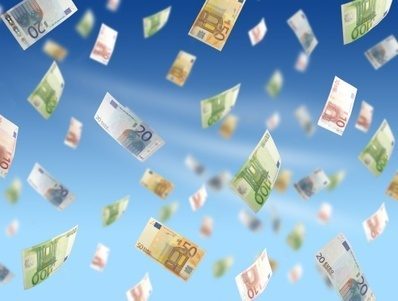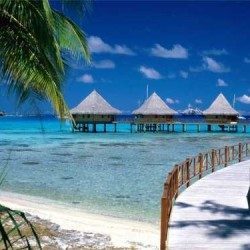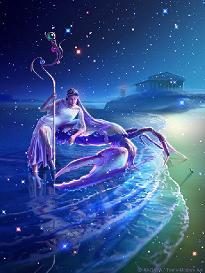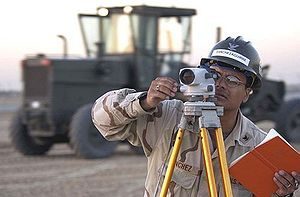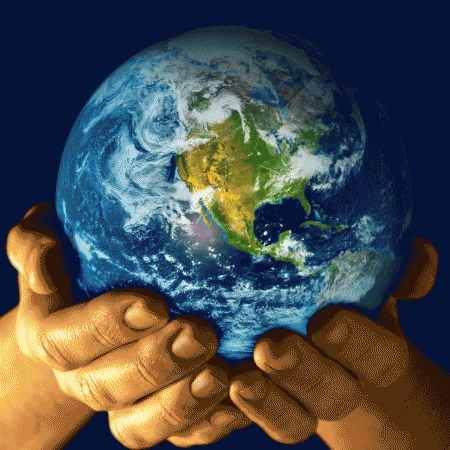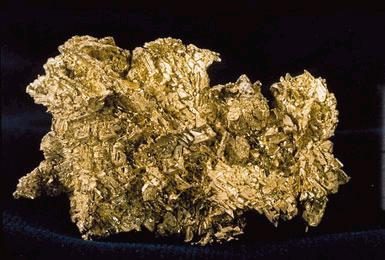 The concept of State of Nature is part of the philosophical terminology. Philosophers like Locke, Hobbes and Rousseau understood the State of Nature as the situation of human beings before civilization. In other words, it is a reflection on how we were and how we behaved as a species. From the definition of what our genuine State of Nature is, it will be possible to legitimize a form of government and a structure of society.
The concept of State of Nature is part of the philosophical terminology. Philosophers like Locke, Hobbes and Rousseau understood the State of Nature as the situation of human beings before civilization. In other words, it is a reflection on how we were and how we behaved as a species. From the definition of what our genuine State of Nature is, it will be possible to legitimize a form of government and a structure of society.
The State of Nature according to John Locke
This seventeenth-century British philosopher originally believed that human beings lived in peace, acted freely, and had an attitude of mutual cooperation. The only law they respected was Natural Law, that is, the idea that no one should harm others. Locke understood that human reason is capable of understanding this basic Natural Law and, therefore, it is necessary to impose its compliance.
According to Locke, so that men do not violate Natural Law it is necessary that an agreement be formed between the whole of society. The pact between individuals arose to safeguard natural freedom and individual property. With these premises on the State of Nature Locke argues that the most appropriate form of government for the whole of society is liberalism based on the division of powers.
The State of Nature according to Thomas Hobbes
This seventeenth-century British philosopher also reflected on the concept of the State of Nature of man in order to legitimize the most suitable form of government. Hobbes starts from the hypothetical assumption according to which man lived in a permanent state of war, since the human being is, in his words, a wolf for man. In this state of constant war, individuals need a social body that is capable of articulating a just society.
Consequently, individuals must agree among themselves renouncing their natural inclination to confrontation and for this they agree to cede the government to an absolute monarch. Thus, Hobbes became the theorist of political absolutism, the form of government that allows maintaining the natural law of all against all.
The State of Nature according to Rousseau
Rousseau is a philosopher born in Geneva in 1712. He shares with Locke and Hobbes the idea of a social contract between men as the basis for legitimizing a form of government. However, his view of the State of Nature is clearly different. Rousseau argued that uncivilized man lived according to his instincts, man being a solitary and pure animal that responds to his basic needs.
Man in a natural state is neither good nor bad, but is fully integrated into nature in a state of innocence. In life in the State of Nature, man lived happily, but the division of labor and the appearance of private property made coexistence more complex and difficult.
Thus, natural equality and happiness began to weaken. This creates a widespread corruption of existence. To overcome this degeneration of life in society, Rousseau proposed the need for a pact, a social contract that ends inequalities. This social contract must be based on the freedom to decide among all, so that democracy is the system of government that best connects with the authentic State of Nature.
Photo: iStock - Remains

